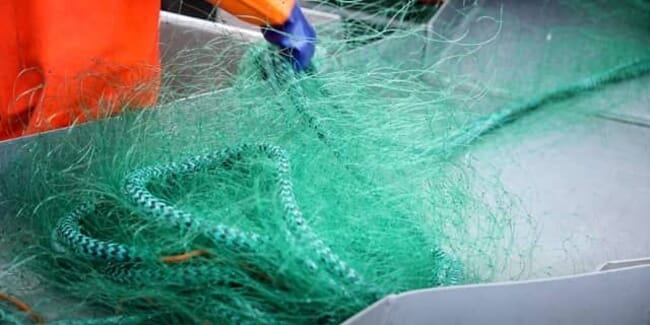
© Fjellfrosk Media/Dsolve
Sustainability is often the subject of discussion where the fisheries and aquaculture industries are concerned, with the need for environmentally conscious fishing and farming practices being a topic of increasing popularity. However, often overlooked in this regard is the very gear and infrastructure which is vital to the operation of the industries.
Due to the harsh conditions of the marine environment, the gear employed by the fisheries and aquaculture sectors is often made of hard-wearing synthetic materials, such as plastics. Like all things, however, these materials do eventually break down and, when they become unsuitable for use, they can be difficult to dispose of sustainably.
In order to understand what steps could be taken to help drive greater sustainable resource management within the fisheries and aquaculture industries, Seafish – an organisation which supports the UK seafood industry – has announced a project in which it will analyse the entire gear supply chain. Researchers will examine the process from start to finish, surveying gear manufacturers and assemblers, fishing vessel owners and skippers, aquaculture businesses, ports and harbours, and waste management companies.
Through the surveys Seafish aims to provide organisations and stakeholders across the supply chain the opportunity to have their voice heard on how gear is currently managed, including recycling, once it's reached the end-of-life.
To conduct the surveys, researchers will be visiting a number of ports and harbours around the UK throughout August and September 2024. Alternatively, surveys can also be undertaken by telephone, post, or online.




